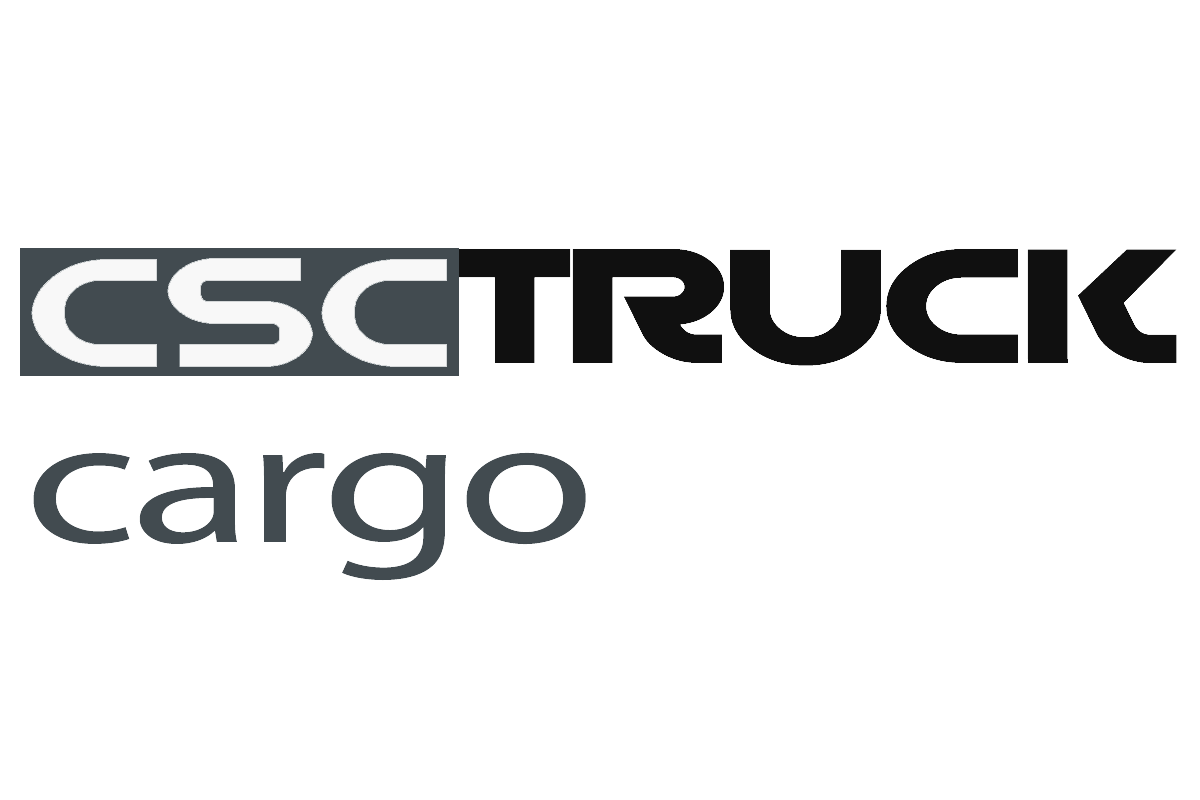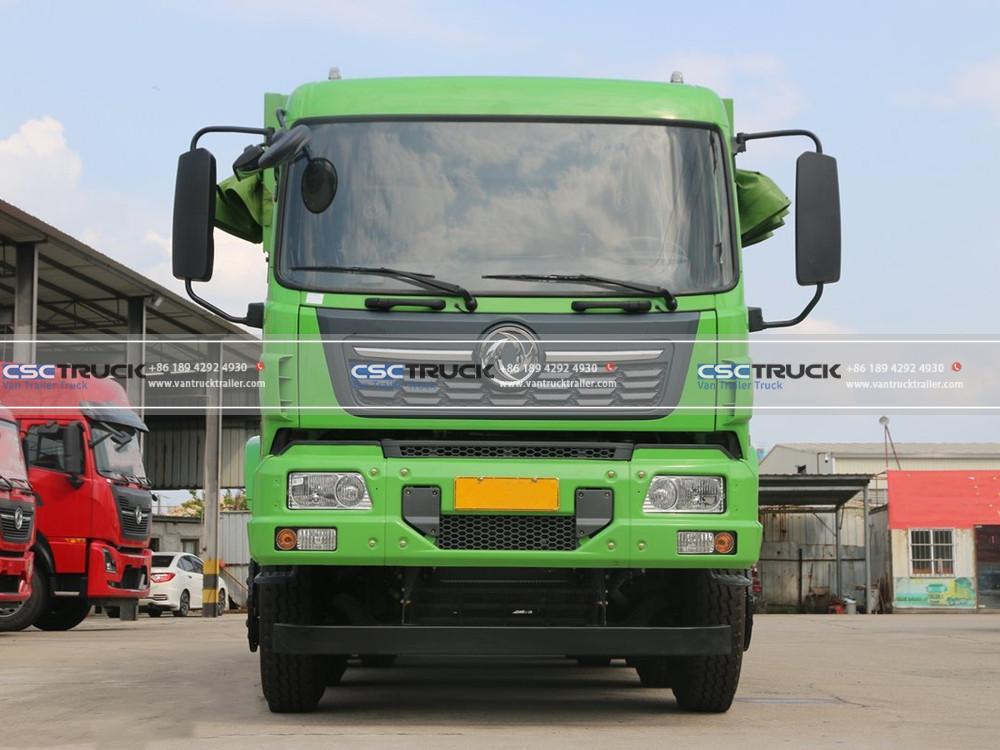In the fast-paced world of construction and mining, efficiency in material hauling can make or break project timelines and budgets. Dump trucks serve as the backbone of these operations, transporting everything from excavated earth to aggregates with speed and reliability. However, simply owning a fleet isn’t enough—optimizing their performance requires strategic planning, proper maintenance, and smart operational practices. This article explores how businesses can maximize efficiency in material hauling, ensuring that every load contributes to productivity and cost savings.
1. Choosing the Right Dump Truck for the Job
Not all dump trucks are created equal, and selecting the appropriate model is the first step toward efficiency. Payload capacity, terrain adaptability, and fuel efficiency should guide the decision-making process.
Articulated vs. Rigid Frame Dump Trucks
- Articulated dump trucks excel in off-road environments, such as mining sites or rough terrain, thanks to their pivoting chassis and superior traction.
- Rigid frame dump trucks, like the ISUZU CYZ series, are ideal for highway-accessible construction sites, offering higher load stability and lower maintenance costs.
Specialized Hauling Needs
For projects requiring mixed material transport, pairing dump trucks with a construction truck or mixer truck can streamline operations. While dump trucks handle bulk earthmoving, mixer trucks ensure a steady supply of concrete to the same site, minimizing downtime.
2. Optimizing Load Management for Faster Cycles
Efficiency isn’t just about moving material—it’s about doing so in the fewest possible trips. Proper load management ensures that each hauling cycle is as productive as possible.
Avoiding Underloading and Overloading
- Underloading wastes fuel and increases per-ton transportation costs.
- Overloading strains the truck’s suspension, increases tire wear, and may violate road regulations.
Modern dump trucks, such as those equipped with on-board weighing systems, help operators stay within optimal load limits. Additionally, GPS fleet tracking can monitor hauling patterns, identifying inefficiencies like excessive idling or inefficient routes.
Reducing Dump Time
A slow unloading process creates bottlenecks. Features like high-speed hydraulic lifts and auto-tailgate release can cut dump times by up to 30%, keeping the workflow smooth.
3. Maintaining Fleet Performance for Long-Term Reliability
A well-maintained dump truck fleet operates at peak efficiency, reducing unexpected downtime and repair costs. Preventive maintenance should be a top priority.
Key Maintenance Practices
- Regular engine checks, especially for turbocharged models, to prevent power loss.
- Tire pressure monitoring to avoid premature wear and fuel inefficiency.
- Hydraulic system inspections to ensure fast and reliable dumping.
For mixed fleets, including construction trucks and mixer trucks, synchronized maintenance schedules ensure that no vehicle lags behind, keeping the entire operation running smoothly.
4. Training Operators for Peak Performance
Even the best dump trucks underperform without skilled operators. Driver training programs should focus on:
Efficient Driving Techniques
- Smooth acceleration and braking to reduce fuel consumption.
- Proper gear shifting to maximize engine efficiency, especially in automatic transmission models.
Safety and Load Handling
- Securing loose materials to prevent spillage during transit.
- Navigating uneven terrain safely to avoid rollovers or mechanical stress.
Investing in simulator-based training can further enhance operator skills before they hit real-world job sites.
5. Leveraging Technology for Smarter Hauling
The integration of telematics and automation is revolutionizing dump truck operations.
Real-Time Fleet Monitoring
- Fuel usage tracking to identify inefficient vehicles.
- Route optimization to reduce empty return trips.
Automated Dump Systems
Some advanced models now feature automated unloading, reducing reliance on operator precision and speeding up cycle times.
For businesses also utilizing mixer trucks, synchronized dispatching software ensures that material deliveries align perfectly with construction schedules, eliminating delays.
Businesses can transform their dump truck operations into a well-oiled machine by focusing on the right equipment, load efficiency, maintenance, operator skill, and technology. Whether working alongside construction trucks on urban developments or supporting mixer trucks in large-scale projects, optimized hauling ensures that every load moves swiftly, safely, and cost-effectively.

